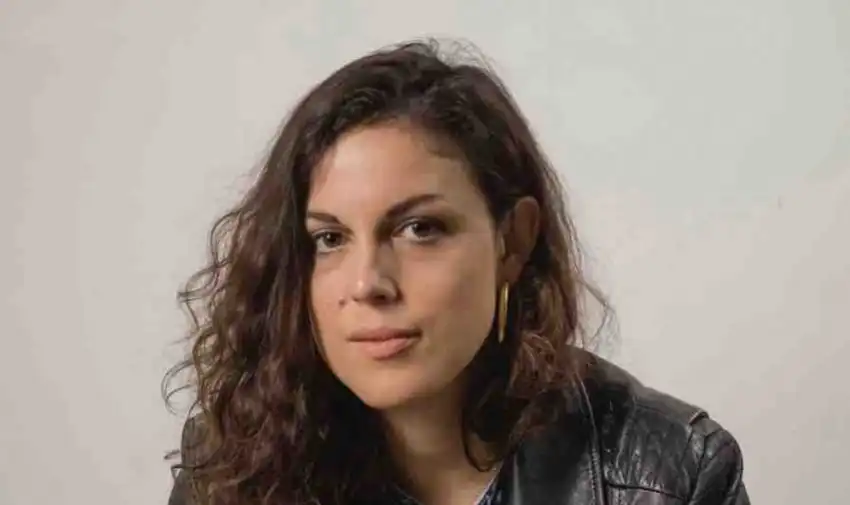Home>"Follow passion projects and be ambitious with what you want to accomplish"
12.01.2023
"Follow passion projects and be ambitious with what you want to accomplish"
Interview with Daphnée Denis, graduate from the Dual Degree Sciences Po/Columbia.
May you describe your academic and professional background?
I've been quite literally all over the place! I earned a bachelor's of art in law at Cambridge University, and then entered the double master's in journalism between Sciences Po and Columbia University. After graduating from Columbia and Sciences Po in 2012, I spent a year finishing an independent documentary while writing for Slate in French and in English and freelancing for production companies in New York. I then moved to London to work as a podcast producer for Monocle, later joining AFP as a video journalist and almost immediately moving to their Uruguay headquarters to cover some of the biggest stories in Latin America, from the reopening of the U.S. embassy in Cuba to the Argentinian elections. A few years later, I joined the Spanish newspaper EL PAIS in Mexico City as the head of their video department, leading visual journalists across Latin America. Eventually, I moved back to France where I launched and became editor in chief of the media startup Loopsider, and then joined Brut, the fastest-growing online media startup in Europe, first as their head of global content, and later as the editor in chief of their U.S. team. I'm also a regular feature writer for Kinfolk magazine.
What is your job title today? How is your daily routine? What are the main takeaways from your degree?
I learned so much with the double degree: At Sciences Po, during my first year, I acquired the basics technically and editorially. What makes a great lede, how to edit, record etc. Columbia put a large focus on field reporting and that's where I really honed in my skills in video, and as a storyteller. This degree made me understand the different types of journalism that existed and taught me to be ambitious in terms of what I wanted to achieve within this industry.
What memories did you keep from your school, your cohort, your teachers?
I keep great memories of a range of classes I took: learning how to accurately write and report with Sophie Pedder from The Economist was invaluable, and so were Vincent Josse's cultural reporting classes for radio — I would credit him for making me realize I enjoyed audio and visual formats, and wasn't only a writer. At Columbia, the reporting and writing course totally changed me, and so did the multimedia storytelling class taught by Duy Linh Tu, who made me direct my first documentary. I've kept in touch with many former students, some of them remain close friends, and I really admire what some of them have achieved.
What advice could you give to a student who would like to become a journalist?
Find a topic or a format to specialize in, and work your "beat" to grow expertise in your field: it will make you an asset for newsrooms. Follow passion projects and be ambitious with what you want to accomplish — personal projects can get you through the door with an employer if they are good and show promise. Do not work for free.

